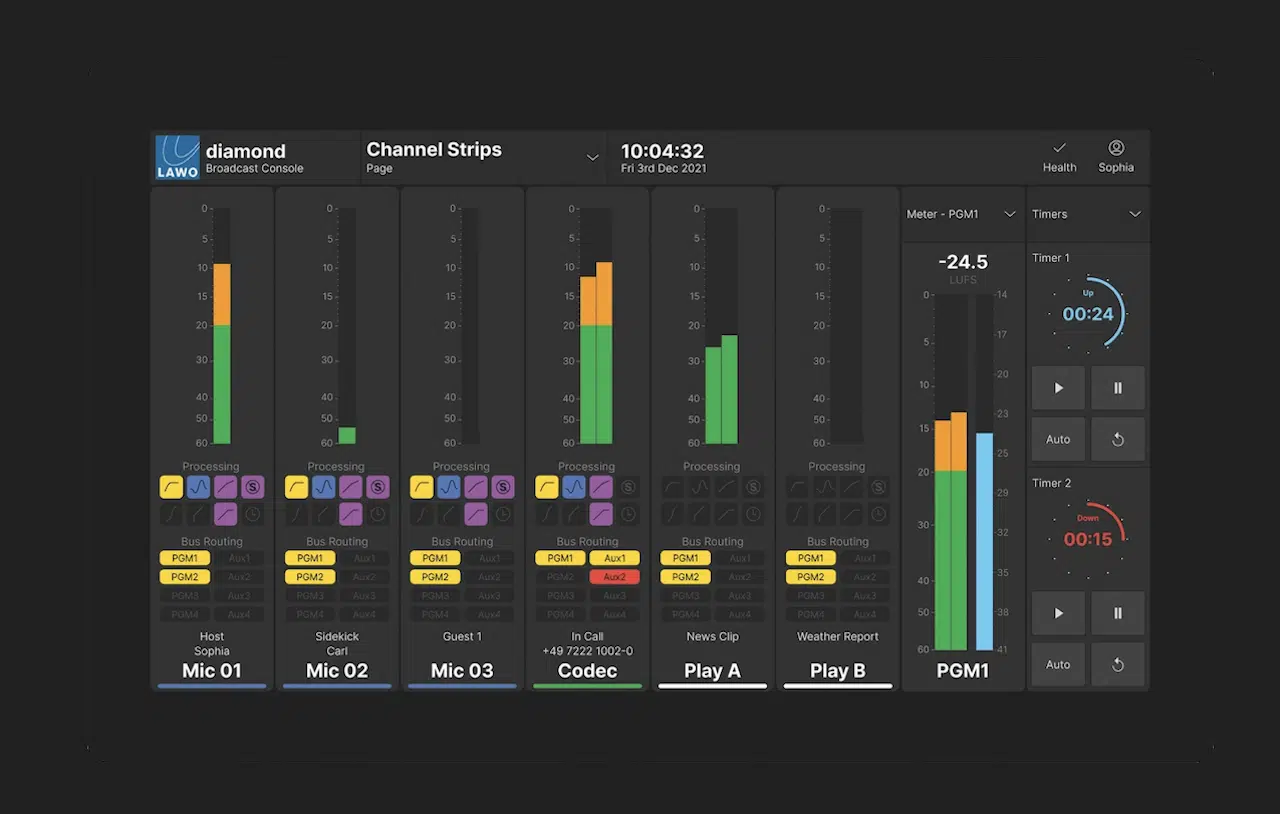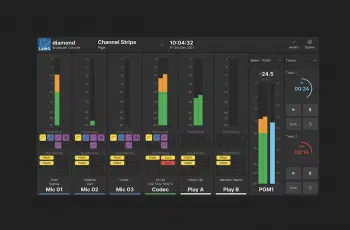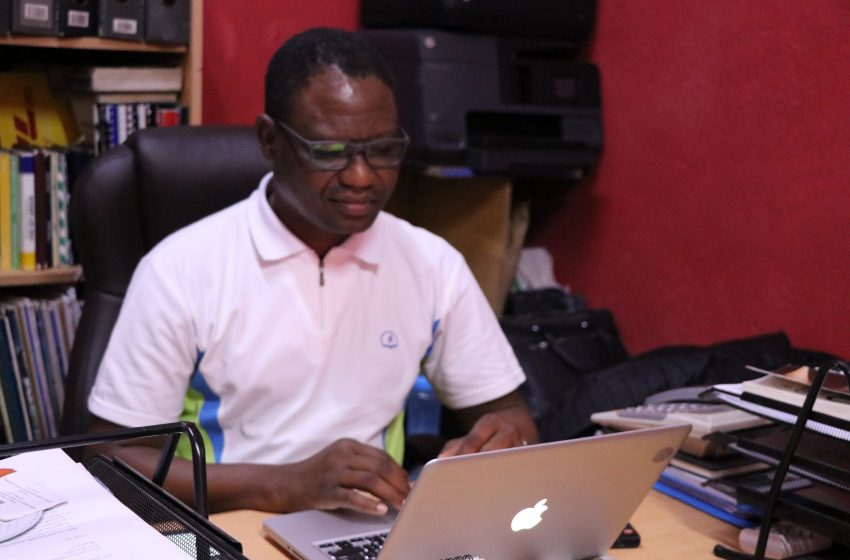
BLANTYRE, Malawi — Malawian radio station Angaliba FM is making a difference with its unique approach to air content aimed at changing people’s perspective on various issues.
Launched four years ago, the privately owned station has become a darling for many listeners, especially in the rural areas. These areas command a large part of the audience because of its culture-tailored programs.
Rodrick Mulonya, executive director and founder, says Angaliba, whose slogan is “Mindset Change,” is a market of ideas that promote suppressed voices and raise the profiles of marginalized groups in society. He says its programming gives room to air expert opinions that contribute genuinely towards mindset change — leading to policy formulation and strategies for meaningful development.
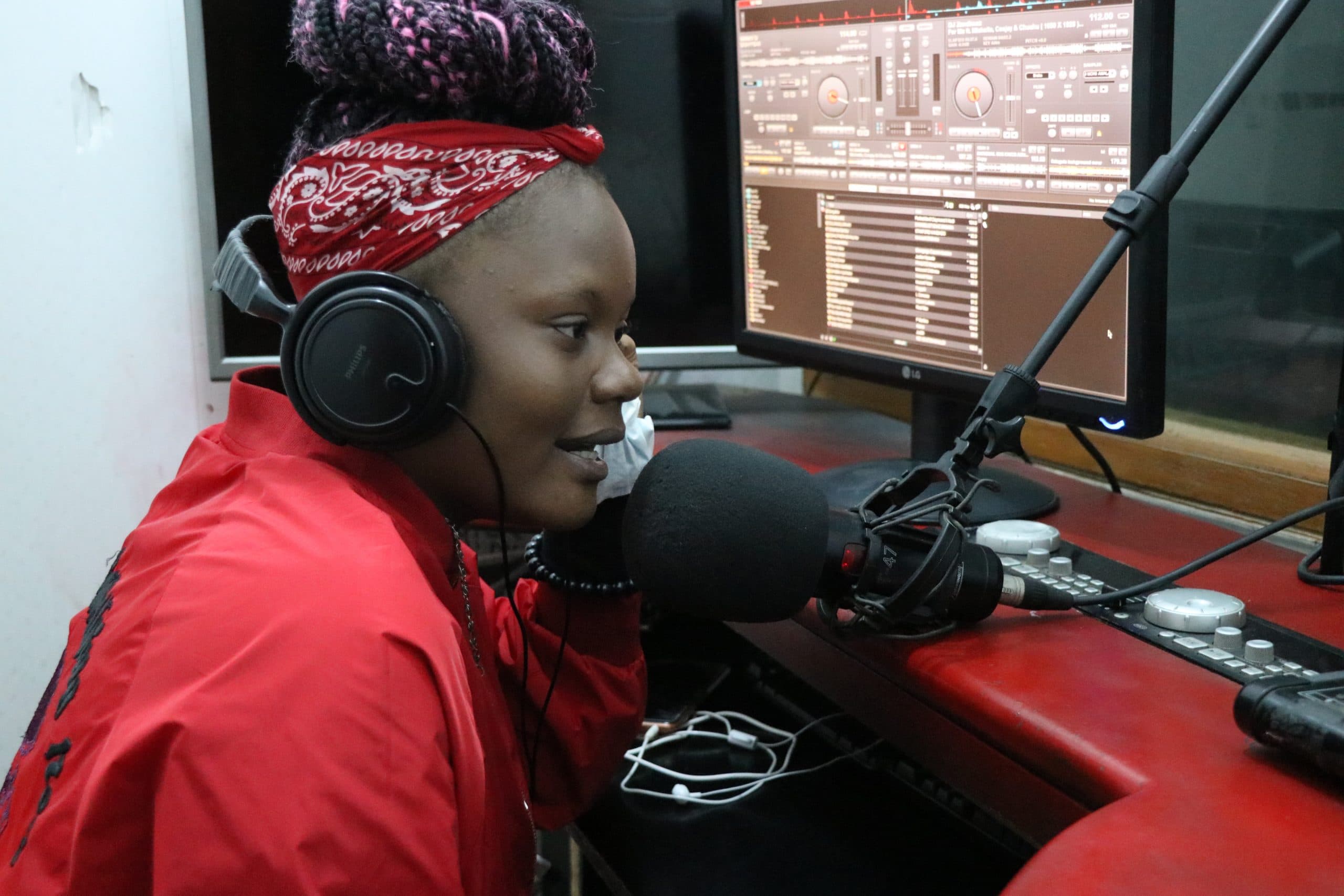
Aposa Muluda is a program presenter at Angaliba.
“We came up with [Angaliba FM] to bridge the gap that existed in the radio industry despite the country having over 80 radio stations. Most of the radio stations here focus on entertaining, educating and informing the public. We say no. We want people to change their mindset for the development of themselves and community at large,” Mulonya says.
This, he notes, makes the station the only broadcasting media house placing much emphasis on mindset change of Malawians, especially amongst rural communities.
Mulonya says their mindset mission got a major boost last year, when vice president Saulos Chilima held his first public lecture, which focused on mindset change to further development of the county.
“This gave us courage that we are championing something which even the government is longing to achieve,” adds Mulonya.
Programming
To support the mission, the station has a list of programs that air in nine local languages. These include: “Zaumoyo” (“Health Issues”); “Akagulitsa Kuti” (“Market Corner”); and “Amai Anzanga” (“Fellow Women”).
“We want people to change their mindset for the development of themselves and community at large.”
Bibiana Kara, popularly known as Giant Mama, is a presenter for Amayi Anzanga. She the program mainly aimed at instilling self-confidence is especially important in rural areas where most women think men are always superior.
“There were a lot of women out there who look down upon themselves. Some even say these are works of men. But the program is trying to bring new thinking that women can equally do what men do if given equal opportunities and resources,” Kara says.
Presenter Aposa Muluda says her program, “Top Ten Amapiano Hits,” is mainly a learning curve.
“In my program, I entirely feature traditional music from South Africa. This is deliberate because I want Malawians to learn the beauty in singing of cultural and traditional music. In doing so, I am able to instill a change of thinking in those who believe that culture is old-fashioned,” she explains.
Equipment
Also, the radio station’s policy statement says the poor economic situation of Malawi is partly due to the enslaved minds of its people that thrive on dependency syndrome.
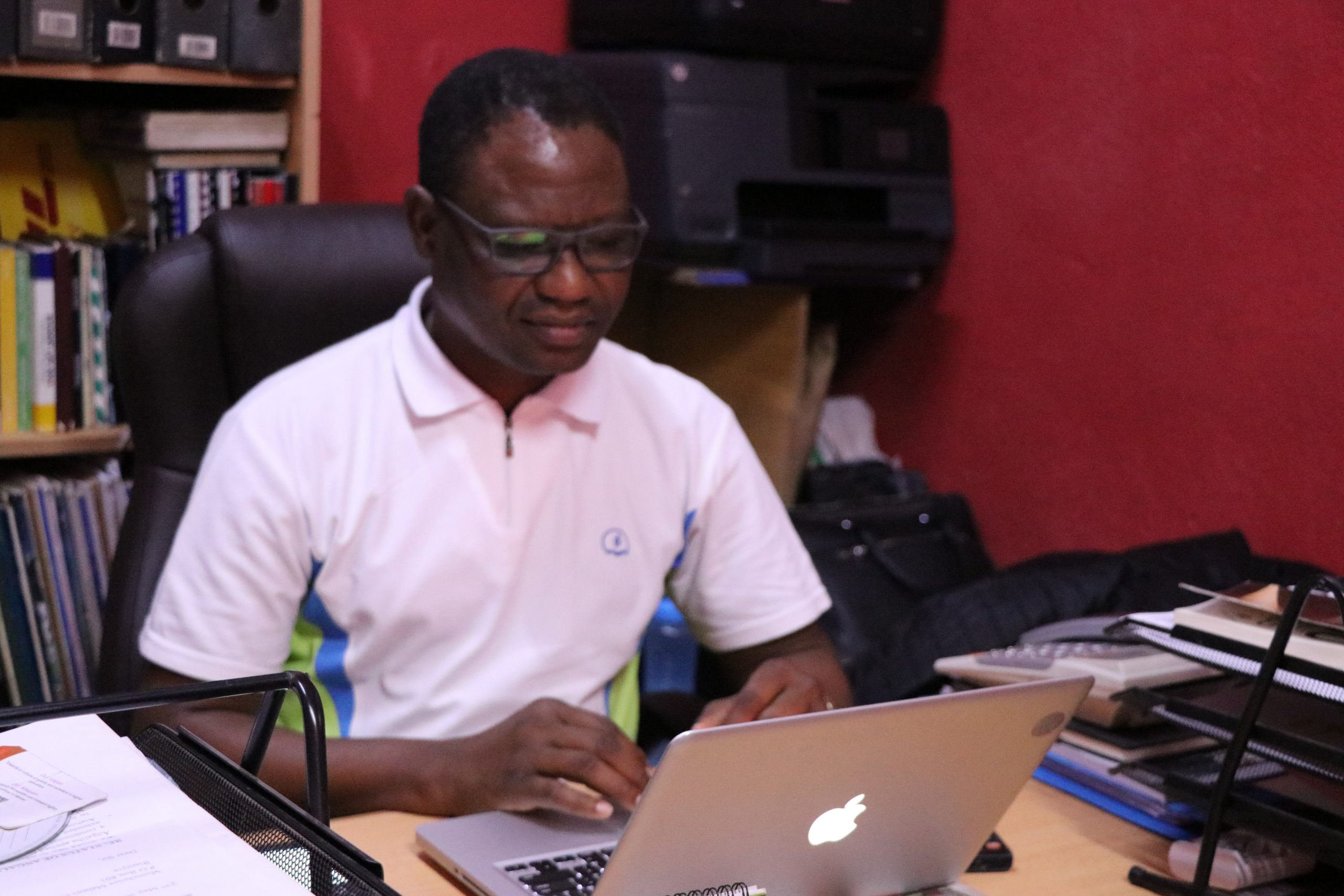
“The minds of citizens need complete overhaul, and oftentimes the media has failed to take its rightful role to facilitate this mindset change to unlock development. That’s where we are filling the gap,” the statement reads in part.
The station manages this with only five full-time employees and a number of part-time workers who also work for Angaliba TV.
The on-air studio is equipped with an eight-channel Dixon Pro AM min8 mixer, a Behringer audio processor and a T-47 Behringer mic. The station currently has four 360 kW transmitters in the country’s four regions.
The station’s technician, Duncan Business, says the quality sound is satisfactory.
“We can’t really boast of having excellent sound quality. This is because of the limitation of our equipment we have, but we provide satisfactory sound to our audience. Since we started airing, no one has complained to us about sound quality,” he says.
Mulonya adds that, funds permitting, Angaliba aims to furnish its studios with new equipment and extend its coverage by purchasing new transmitters.



